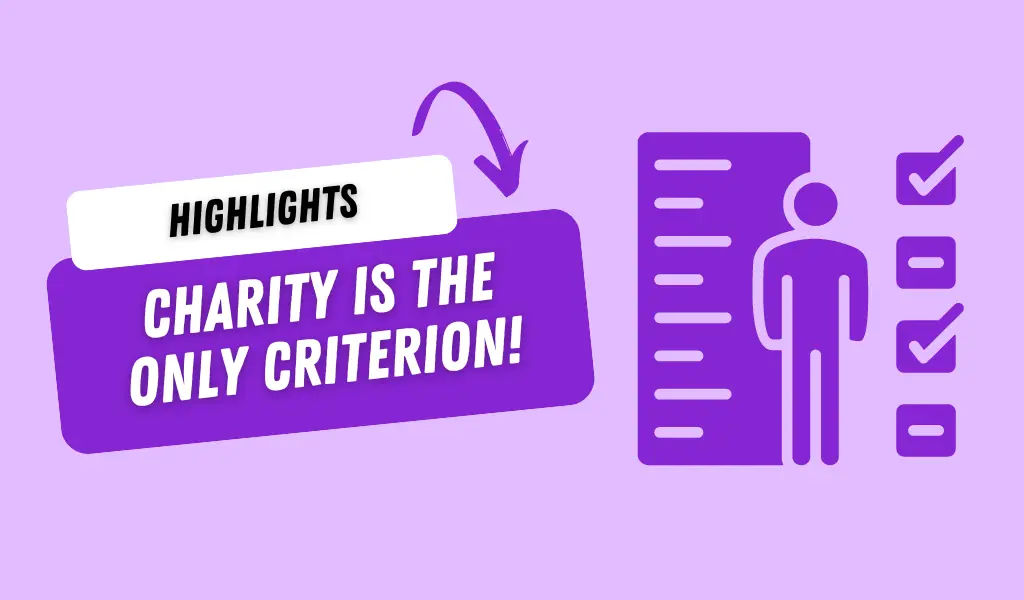First Week of Lent
19th February 2024 (Monday)
Psalter: Week 1
Reading of the Day
First Reading: Leviticus 19:1-2, 11-18
The Lord spoke to Moses, saying, “Speak to all the congregation of the people of Israel and say to them, You shall be holy, for I the Lord your God am holy. “You shall not steal; you shall not deal falsely; you shall not lie to one another. You shall not swear by my name falsely, and so profane the name of your God: I am the Lord. “You shall not oppress your neighbour or rob him. The wages of a hired worker shall not remain with you all night until the morning. You shall not curse the deaf or put a stumbling block before the blind, but you shall fear your God: I am the Lord. “You shall do no injustice in court. You shall not be partial to the poor or defer to the great, but in righteousness shall you judge your neighbour. You shall not go around as a slanderer among your people, and you shall not stand up against the life of your neighbour: I am the Lord. “You shall not hate your brother in your heart, but you shall reason frankly with your neighbour, lest you incur sin because of him. You shall not take vengeance or bear a grudge against the sons of your own people, but you shall love your neighbour as yourself: I am the Lord.
Psalm 19:8, 9, 10, 15 (R. see John 6:63c)
R/. Your words, O Lord, are Spirit and life.
Verse Before The Gospel
V/. Glory and praise to you, O Christ
R/. Glory and praise to you, O Christ
V/. Behold, now is the favourable time; behold, now is the day of salvation.
R/. Glory and praise to you, O Christ.
Gospel : Matthew 25:31-46
At that time: Jesus said to his disciples, “When the Son of Man comes in his glory, and all the angels with him, then he will sit on his glorious throne. Before him will be gathered all the nations, and he will separate people one from another as a shepherd separates the sheep from the goats. And he will place the sheep on his right, but the goats on the left. Then the King will say to those on his right, ‘Come, you who are blessed by my Father, inherit the kingdom prepared for you from the foundation of the world. For I was hungry and you gave me food, I was thirsty and you gave me drink, I was a stranger and you welcomed me, I was naked and you clothed me, I was sick and you visited me, I was in prison and you came to me.’ Then the righteous will answer him, saying, ‘Lord, when did we see you hungry and feed you, or thirsty and give you drink? And when did we see you a stranger and welcome you, or naked and clothe you? And when did we see you sick or in prison and visit you?’ And the King will answer them, ‘Truly, I say to you, as you did it to one of the least of these my brothers, you did it to me.’ “Then he will say to those on his left, ‘Depart from me, you cursed, into the eternal fire prepared for the devil and his angels. For I was hungry and you gave me no food, I was thirsty and you gave me no drink, I was a stranger and you did not welcome me, naked and you did not clothe me, sick and in prison and you did not visit me.’ Then they also will answer, saying, ‘Lord, when did we see you hungry or thirsty or a stranger or naked or sick or in prison, and did not minister to you?’ Then he will answer them, saying, ‘Truly, I say to you, as you did not do it to one of the least of these, you did not do it to me.’ And these will go away into eternal punishment, but the righteous into eternal life.”
Daily Gospel Reflection
Highlight: Charity is the only criterion!
Guidelines: Love for the other and charity to them is the ultimate criterion that decides the fate of the last judgment. Those who fail in the principle of charity will be liable to judgment and punishment
1. Very often, segregation is made between the spiritual domain and the actual. Accordingly, we see a lot of dichotomy between one’s devotion and one’s action. Often we find people to be very spiritual but not integral, very prayerful but not charitable.
2. It is in this context today’s liturgy of the word affirms once again the inseparable harmony between holiness and goodness, between faith in God and charity to others.
3. In the first reading, God commands His people to be holy as He is holy. But, immediately all the later directives concern duties toward the neighbor. This implies that being good and just to others is the real expression of being holy and faithful to God.
4. In the gospel too, in the context and light of the last judgment, Jesus drives home that charity is the supreme principle and love in action is the ultimate criterion for the last judgment. The central focus of the last judgment is the bond of fraternity and the duty of charity. Charity to others especially in need becomes the concrete expression and testimony of the love of God in action.
5. Charity is a binding obligation on every disciple of Christ. It is the ultimate criterion that pivots the whole direction of divine justice. In the last judgment what is striking is that the acts of charity which express the love of neighbour are tantamount to the love of God itself.
6. In doing all those benevolent acts of love, one is loving God Himself (v. 40: “The King will reply, ‘Truly I tell you, whatever you did for one of the least of these brothers and sisters of mine, you did for me.’ “; v. 45: “He will reply, ‘Truly I tell you, whatever you did not do for one of the least of these, you did not do for me’”).
7. This love of neighbor is further so noble that it does all the good without any ulterior motive, so selfless even to the extent of not being aware of doing it for God; they are devoid of even this holy motive of doing everything to please God.
8. However, we need to bear in mind one important factor. It would be unfair to attest that God judges on the basis of actions, and so devotion and prayer are not primary matters. Even though the spiritual aspect is not explicitly mentioned, it is profoundly present. A true charity, a life of good actions is possible only when there is a deep spiritual foundation.
9. One who is prayerful cannot but be charitable. One who is genuinely and joyfully charitable and committed to good, cannot but be solidly rooted in God and prayer because it is there that he derives his motivation and strength. One cannot do good unless inspired and prompted by the Holy Spirit.
Practice: Devotion without charity will be without flesh. That is why, the great Saint Francis de Sales exclaimed: “Charity is the perfection of devotion”, that is, the apex and culmination of devotion is the ecstasy of charity.







